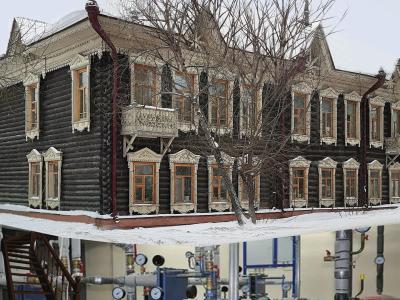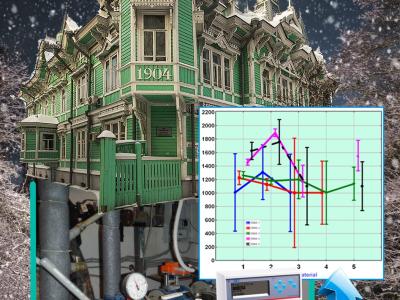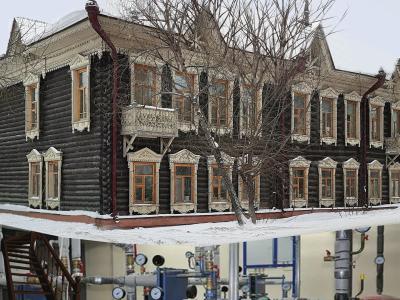Dataset Entries from this Author

More than 40% of energy resources are consumed in the residential buildings, and most of the energy is used for heating. Improving the energy efficiency of residential buildings is an urgent problem. The collected data is intended to study a dependence of the dynamics heat energy supply from outside temperature and houses characteristics, such as walls material, year of construction, floors amount, etc. This study will support the development of methods for comparing thermal characteristics of residential buildings and carry out recommendations for the energy efficiency increases.
- Categories:

The large variability of system and types of heating load is a feature of the commercial metering of thermal energy. Heating consumption depends on many factors, for example, wall and roof material, floors number, system (opened and closed) etc. The daily data from heating meters in the residential buildings are presented in this dataset for comparing the thermal characteristics. These data are supplemented by floors number, wall material and year of construction, as well as data on average daily outdoor temperatures.
- Categories:
Open Access Entries from this Author

More than 40% of energy resources are consumed in the residential buildings, and most of the energy is used for heating. Improving the energy efficiency of residential buildings is an urgent problem. The collected data is intended to study a dependence of the dynamics heat energy supply from outside temperature and houses characteristics, such as walls material, year of construction, floors amount, etc. This study will support the development of methods for comparing thermal characteristics of residential buildings and carry out recommendations for the energy efficiency increases.
- Categories:
Category
